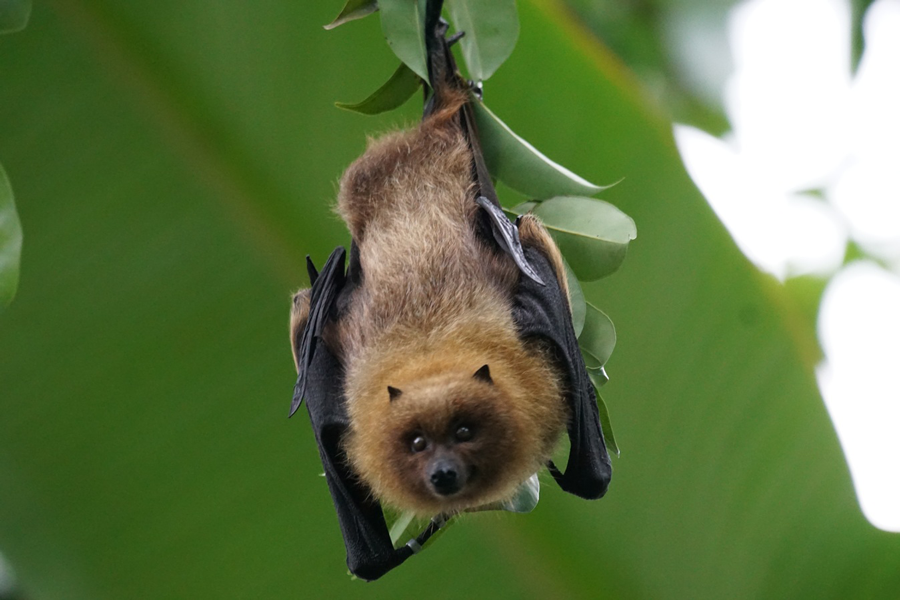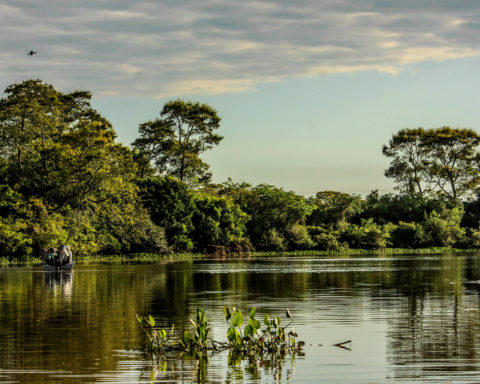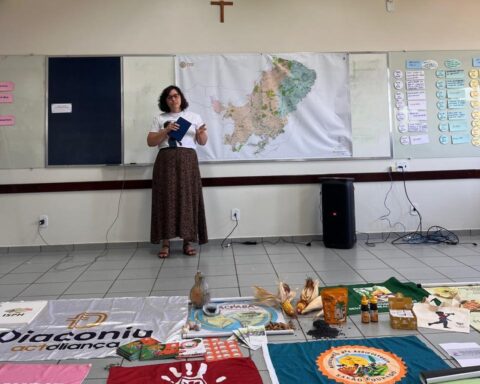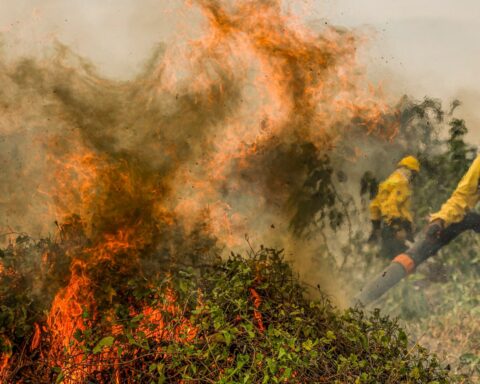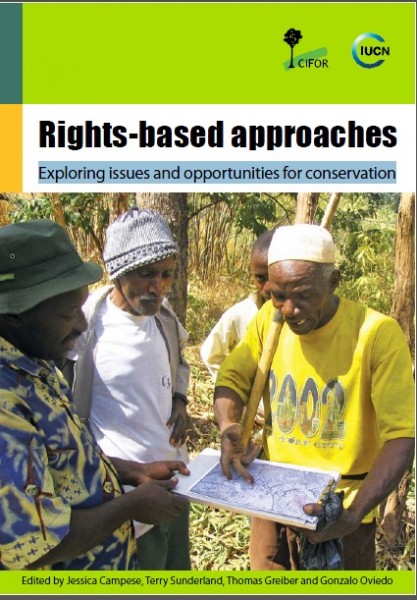 The conservation of biodiversity and natural resources affects, and is in turn affected by, the realisation of human rights. Conservation can help realise substantive human rights, such as those to health, culture and food.
The conservation of biodiversity and natural resources affects, and is in turn affected by, the realisation of human rights. Conservation can help realise substantive human rights, such as those to health, culture and food.
Likewise, the realisation of human rights can create an enabling environment for achieving conservation objectives. However, certain conservation approaches and measures, such as economic or physical displacement of communities, or harsh enforcement mechanisms, can also undermine or violate human rights. The relationships between conservation and human rights are also shaped by history and their broader governance systems.
The conservation community has responsibilities and opportunities to respect human rights and to contribute to their protection and further fulfilment. Conservation organisations can adopt appropriate rights-based approaches (RBAs).1 These involve integrating rights norms, standards, and principles in policy, planning, implementation, and evaluation to help ensure that conservation practice respects rights in all cases, and supports their further realisation where possible.
Edited by Jessica Campese, Terry Sunderland, Thomas Greiber and Gonzalo Oviedo
Faça o download da publicação: Rights-based approaches: Exploring issues and opportunities for conservation

